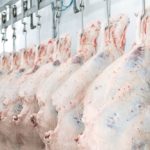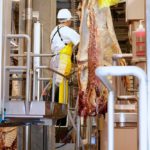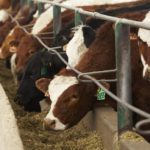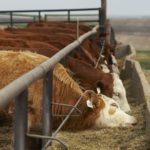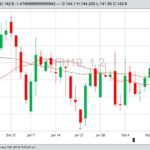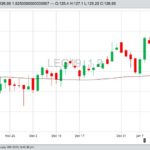Chicago | Reuters –– North American meat processors said on Monday they would pay extra money to farmers and slaughterhouse workers as the companies scramble to meet surging demand from consumers unnerved by the spread of the new coronavirus. Companies such as Tyson Foods and Cargill want to ensure their slaughterhouses remain supplied with cattle



